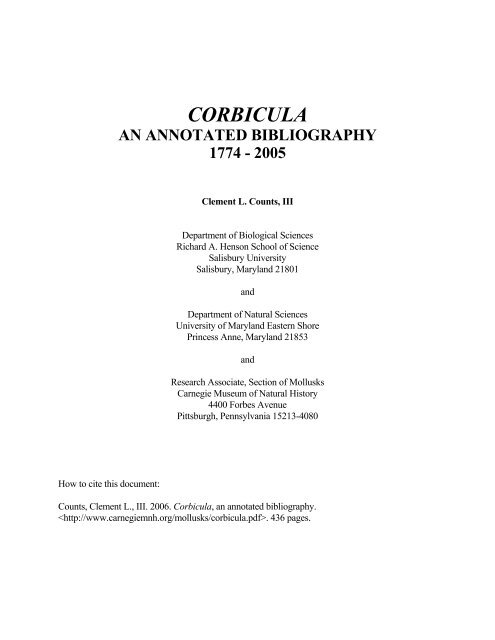

Thermal analysis will be done for all resins on differential scanning calorimetry (DSC) and thermogravimetric analysis (TGA). Evaluation of varied levels of PCR will provide crucial information to our industrial partner regarding the processing and properties of PCR resins and the effect of increased regrind content on physical properties. However, post-consumer regrind (PCR) may negatively affect mechanical and thermal properties important to processing and end applications. Using recycled plastic material, known as “regrind,” is both an environmentally friendly and cost-effective approach. For that reason, we must also insure that potential bioplastics may be colored the same way as commercial thermoplastics, and not experience any discoloration in the product that may be inconsistent with the brand standard or unappealing to the consumer. Another commercial concern for product manufacturers is the ability to create plastic products with an appealing physical appearance. We will also gain more insight into the thermal properties of the resin prior to processing versus the injection molded part. This will provide useful information regarding the processing and properties of two control resins versus potential bioplastic resins.


We will accomplish this goal first by comparing mechanical, thermal, and chemical properties of potentially viable bioplastics to that of the commercial petrochemical-based thermoplastics that are currently being used in manufacturing. In order for our industrial partner to convert to bioplastics for their parts, a suitable resin must first be identified. However, in order for companies to pursue the commercial use of bioplastics and wider use of recycled plastics, they need to ensure these eco-friendly materials still have the desired chemical, physical, and mechanical properties in commercial thermoplastic products. By taking advantage of these solutions, less petrochemical-based plastic will be manufactured, resulting in potential saving of finite resources, energy, and environmental waste. In addition to bio-based plastics, resin with post-consumer and post-industrial recycled content also offers a beneficial opportunity to reuse plastic in new products rather than manufacture more with virgin plastic. They may be partially-derived or fully-derived from renewable sources. Bio-based plastics are plastics that may be derived from renewable biomass sources including, but not limited to, vegetable oils, cornstarch, straw, woodchips, and food waste. Bioplastics may be derived from renewable sources, biodegradable, or both. Fortunately, there are eco-friendly alternatives to petrochemical-based plastics. Petrochemical plastics are not able to readily breakdown in the environment, which aggravates the existing pollution problems. The most widely used plastics are manufactured from petrochemicals such as petroleum, coal or natural gas. Controversy surrounds the use of plastic products, primarily due to their potentially negative impact on the environment at the end of their lifecycle.


 0 kommentar(er)
0 kommentar(er)
